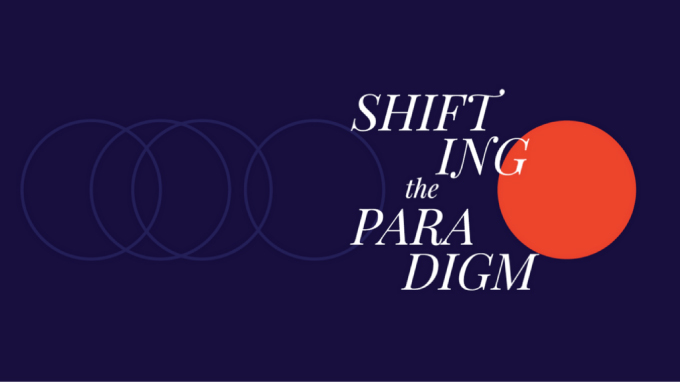
For decades, foundations and nonprofits have used evaluation to assess and improve the effectiveness of their work. It is a powerful tool that can inform the way organizations think about and address complex social problems. In practice, evaluation has the potential to unintentionally impede equity – or, when thoughtfully employed, to become a force for it.
Evaluation is predicated on the value of challenging assumptions in pursuit of insights, learning, and improvement, yet there are many assumptions embedded in evaluation theory that warrant examination. Historically, for example, the dominant evaluation paradigm has been rooted in a belief that there is a singular objective reality, which can be known and described if the right research methods are applied. Definitions of rigor and validity have generally been accepted as facts and not always considered with attention to the cultural context in which they were developed. And evaluators have typically been viewed as impartial observers, even though their cultural positioning can shape their practice in unconscious ways.
In recent years, there has been growing acknowledgement among evaluation associations, thought leaders, and practitioners that evaluation is not a neutral exercise – that it cannot be culture free. As this understanding deepens, the field is searching for ways to evolve evaluative practice that will advance durable solutions to the culturally complex challenges of the 21st century.
In response to this need, and building on previous investments in the evaluation field, the S. D. Bechtel, Jr. Foundation is investing $600,000 in the Equitable Evaluation Initiative, a five-year effort to help the field explore new ways of thinking about and practicing evaluation that promote equity.
The Equitable Evaluation Initiative asserts that evaluative work should hold the advancement of equity as core to its purpose, critically examine tough questions on the topic, use research approaches that are valid and reliable across cultures, and treat participants as agents of change and sources of wisdom. The initiative is catalyzing the adoption of equitable evaluation principles by supporting collaborations, learning, and connections among willing funders, nonprofits, and evaluators.
As the Foundation prepares to sunset in 2020, our goal is to ensure that our investments strengthen the fields in which we work. With limited time and funds remaining, we felt that an investment in equitable evaluation would be responsive to some of the most salient challenges facing evaluation practitioners and users today. This is the Foundation’s largest-ever investment in evaluation field building. Though we will not be here to see the five-year initiative through to its conclusion, we hope peer funders will continue to move this important and timely work forward.
We invite you to learn more about this initiative and explore opportunities to get involved. Funders interested in resourcing the effort can join a community of Investment Partners, and those looking for ways to evolve their own evaluative practice can participate as Practice Partners. Together, we can help the field of evaluation engage one of its most important values – continuous learning and improvement – in service of equity.
